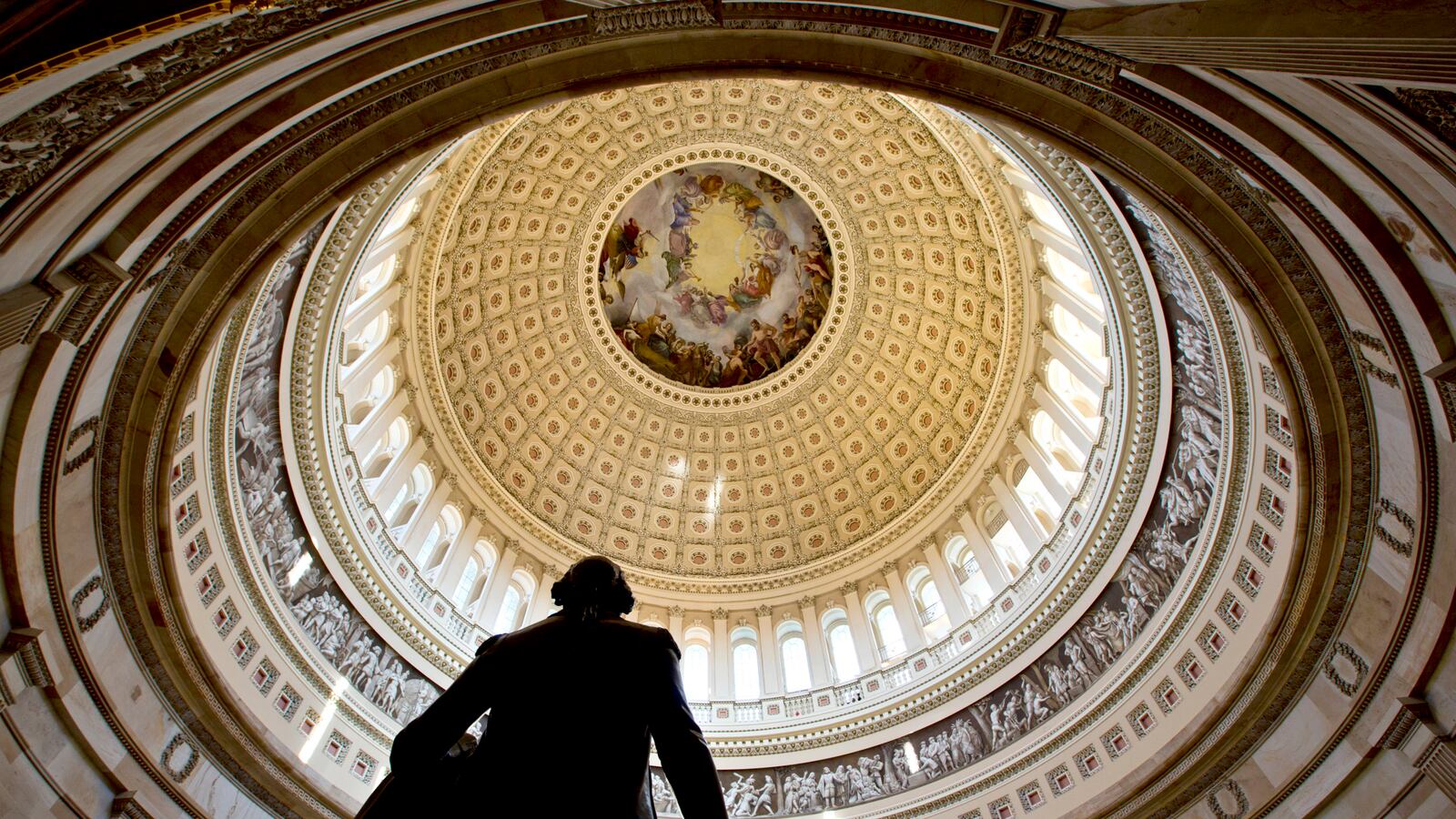The federal government is the single biggest customer on planet earth, purchasing more than half a trillion of goods and services every year. If the government hits the debt ceiling and ceases to pay its obligations, a lot of vendors are in for a nasty shock.
The single biggest federal supplier is Lockheed Martin, with nearly $17.5 billion in contracts in 2012. (Lockheed Martin is also a huge campaign donor, with 60% of its funds going to Republican candidates.)
But you don't have to be a giant corporation to have a lot to lose if the bills go unpaid.
It's unclear whether or not the Secretary of the Treasury would have the power to pick and choose among the obligations of the government, or whether he must pay on a "first in, first out" basis. That decision would ultimately have to go to the courts - as soon as they reopen, of course, because the cost of running the judiciary might itself be one of the payments that ceases in a debt crisis.
Republicans often insist that veterans should stand at the front of the repayment queue. But even that gets complicated. Executive order 13360 requires that 3% of all federal agency procurement be directed to vendors owned by service-disabled veterans. If there's a service-disabled veteran providing paperclips to the Department of the Interior, does he or she get paid ahead of the other Interior Department veterans? How would that even work - especially if the people at Interior who handle the invoices have themselves all been furloughed?
Increasing numbers among the top contractors are providers of health services: companies like Merck, Sanofi-Aventis, GlaxoSmithKline. But if your family doctor serves Medicare, he or she too is a federal contractor - and potential creditor. And if you are expecting a federal tax refund in April, so are you potentially too. So for that matter are such unexpected entities as Goodwill Industries and the government of Germany. What we could be looking at in February is the greater smash in world financial history.
Which is why, of course, it won't happen.
The interesting question is, how it won't happen.






